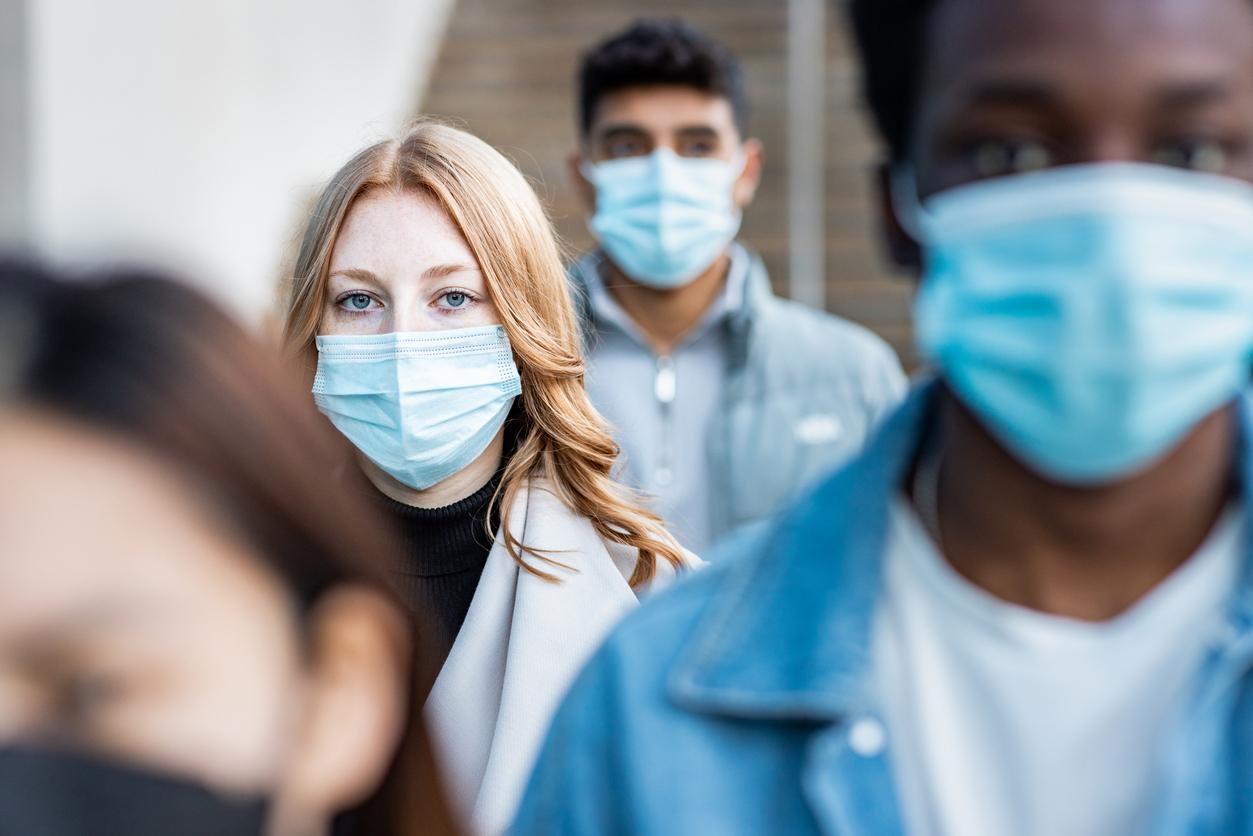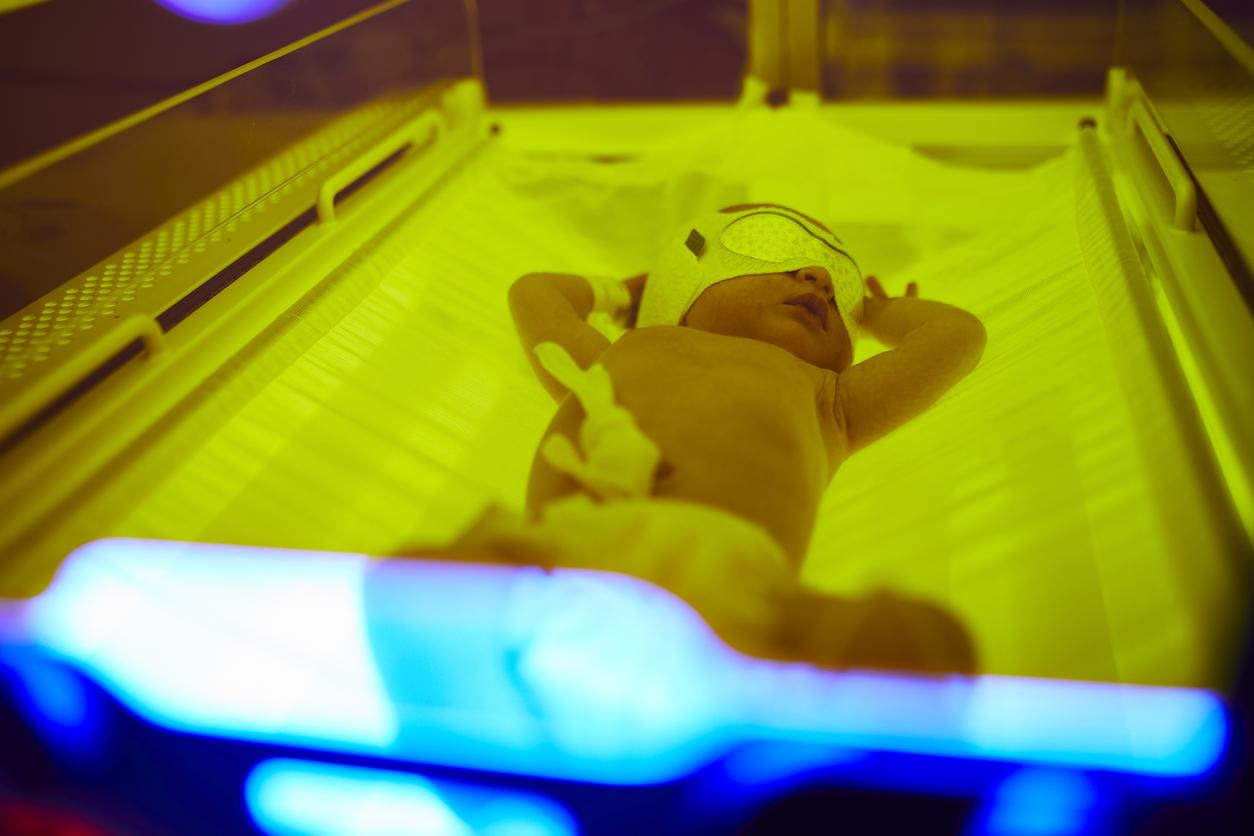Many SARS-CoV-2 variants have emerged in recent months and are receiving special attention from health authorities, notably the English variant (20I / 501Y.V1), first identified in the UK, South African (20H / 501Y.V2), spotted initially in South Africa and Brazilian (20J / 501Y.V3), which emerged in Brazil.
One new variant identified by sequencing in Brittany is the subject of increased surveillance, announced Monday the Directorate General of Health in a press release.
It was detected at the Lannion hospital center in the Côtes d’Armor. On March 13, 79 cases were identified, including 8 cases carrying the variant, confirmed by sequencing.
RT-PCR tests are negative
For now, this is not an “official” variant but a “under surveillance” variant. What surprises the health authorities is the observation of several patients presenting typical symptoms suggesting infection with SARS-CoV-2 but having a negative RT-PCR test result. In other words, this Breton variant would escape detection by conventional RT-PCR. The diagnosis having been made by serology (blood test to look for antibodies) or by carrying out a non-classical RT-PCR, namely on deep respiratory samples.
Is the Breton variant more transmissible? “The first analyzes of this new variant do not allow to conclude either to an increased severity or to an increased transmissibility. compared to the historic virus, estimates the Directorate General of Health. In-depth investigations are underway in order to better understand this variant and its impact. Experiments will also take place to determine how this variant responds to vaccination and to antibodies developed in previous infections. “
Public Health France and the National Reference Centers, in conjunction with the analysis laboratories, put in place the necessary monitoring and support measures, in the geographical area including Lannion, Guingamp, Saint-Brieuc and Morlaix.
Finally, as a precaution, the local authorities, Prefectures and ARS, are stepping up measures to curb the transmission of the virus, for example by speeding up vaccination, reminding people of the importance of barrier gestures or limiting gatherings.
Why do we see variants?
let’s remember that viruses are constantly evolving by mutations in their genome. This is what allows them to stay ahead of our immune system.. The goal? Changing to escape the vigilance of our antibodies. In short, viruses adapt by developing new variants in order to survive. This gives rise to mutations in SaRS-CoV-2. Some have no consequences. Others, on the other hand, can have an impact on the transmissibility of the virus or on the severity of the disease. When a mutation succeeds in promoting the circulation of the virus (it is then said that it is positively selected), the variant form quickly becomes the majority.
Also read:
- AstraZeneka vaccine: France suspends injections as a precaution
- Covid-19: why is confinement considered, at least in Ile-de-France?
- The Johson & Johson anti-Covid vaccine is authorized in France
















